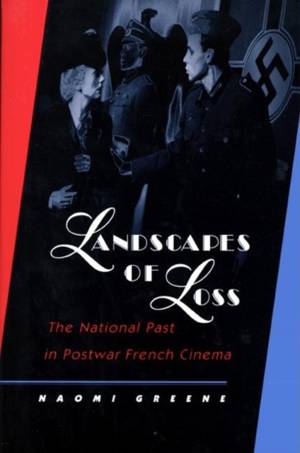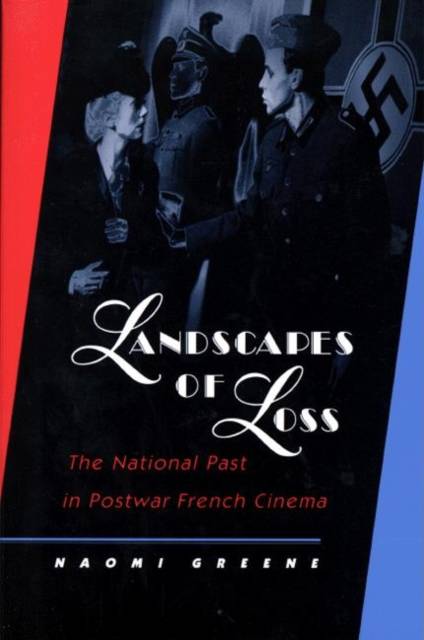
- Retrait gratuit dans votre magasin Club
- 7.000.000 titres dans notre catalogue
- Payer en toute sécurité
- Toujours un magasin près de chez vous
- Retrait gratuit dans votre magasin Club
- 7.000.0000 titres dans notre catalogue
- Payer en toute sécurité
- Toujours un magasin près de chez vous
Description
In Landscapes of Loss, Naomi Greene makes new sense of the rich variety of postwar French films by exploring the obsession with the national past that has characterized French cinema since the late 1960s. Observing that the sense of grandeur and destiny that once shaped French identity has eroded under the weight of recent history, Greene examines the ways in which French cinema has represented traumatic and defining moments of the nation's past: the political battles of the 1930s, the Vichy era, decolonization, the collapse of ideologies. Drawing upon a broad spectrum of films and directors, she shows how postwar films have reflected contemporary concerns even as they have created images and myths that have helped determine the contours of French memory.
This study of the intricate links between French history, memory, and cinema begins by examining the long shadow cast by the Vichy past: the repressed memories and smothered unease that characterize the cinema of Alain Resnais are seen as a kind of prelude to a fierce battle for national memory that marked so-called rétro films of the 1970s and 1980s. The shifting political and historical perspectives toward the nation's more distant past, which also emerged in these years, are explored in the light of the films of one of France's leading directors, Bertrand Tavernier. Finally, the mood of nostalgia and melancholy that appears to haunt contemporary France is analyzed in the context of films about the nation's imperial past as well as those that hark back to a "golden age," a remembered paradis perdu, of French cinema itself.Spécifications
Parties prenantes
- Auteur(s) :
- Editeur:
Contenu
- Nombre de pages :
- 240
- Langue:
- Anglais
Caractéristiques
- EAN:
- 9780691004754
- Date de parution :
- 18-04-99
- Format:
- Livre broché
- Format numérique:
- Trade paperback (VS)
- Dimensions :
- 155 mm x 234 mm
- Poids :
- 326 g

Les avis
Nous publions uniquement les avis qui respectent les conditions requises. Consultez nos conditions pour les avis.






